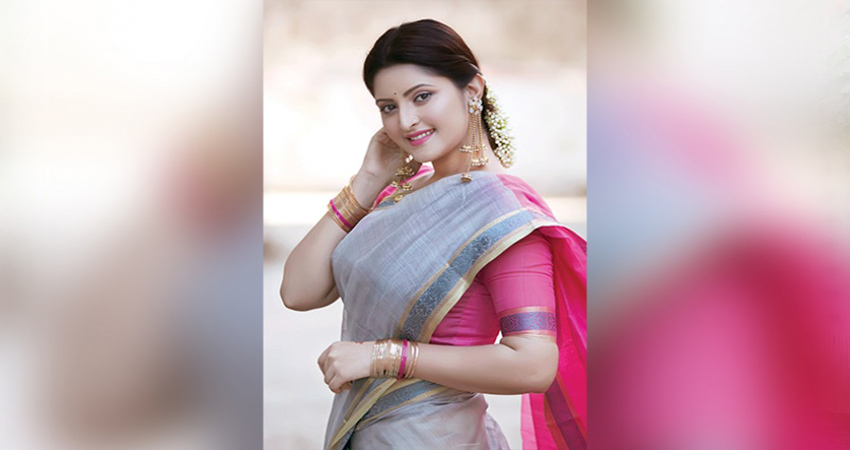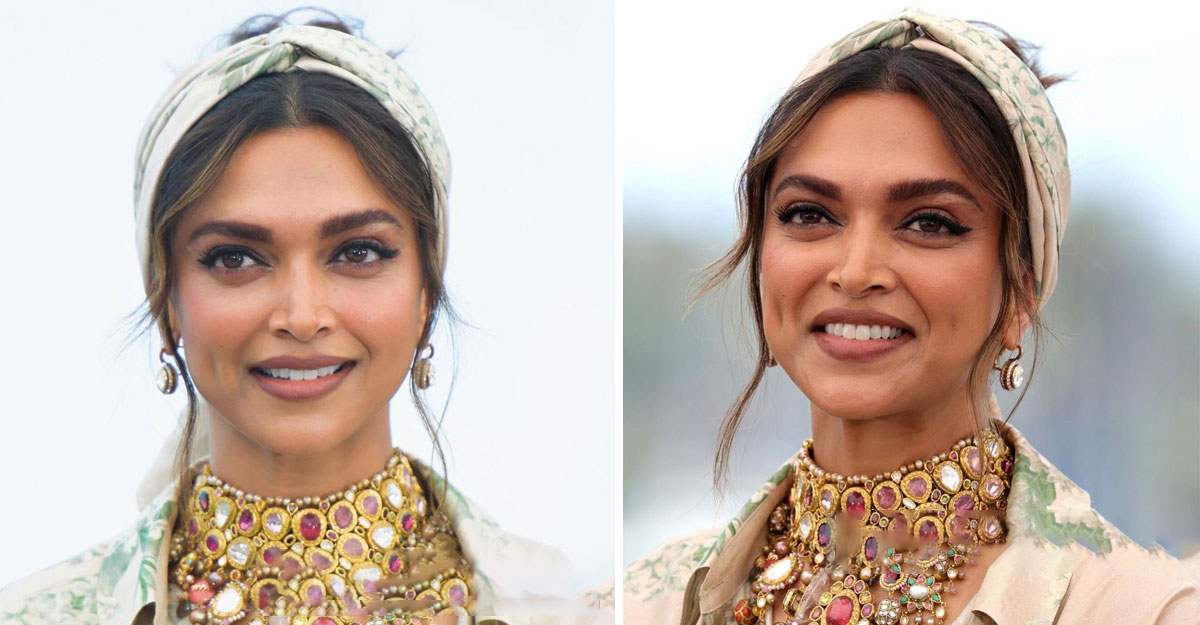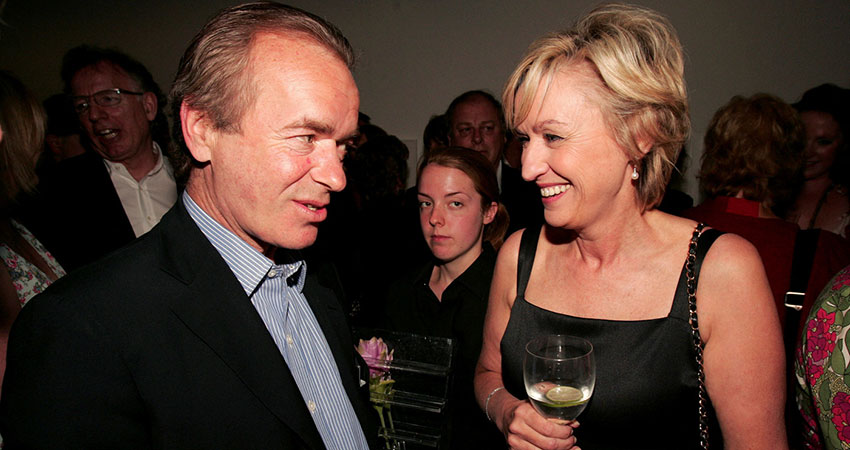I always find anthologies more intriguing and engaging than a 3-hour-long feature film, more so because they present different stories joined by a common theme, and rarely digress. It's been five years since Indian audiences were treated to four neatly packed stories in the form of an anthology called Lust Stories.
In its second edition – now streaming on Netflix – the four shorts come together to serve a heady blend of love, desire, sex, shame, guilt, revenge, and betrayal, all centred around the theme of lust. Just like its predecessor, Lust Stories 2 primarily narrates the stories with a female's point of view. Exploring modern-day relationships through the lens of sexuality and physical desires, the anthology has been directed by four skilled filmmakers – R Balki, Konkona Sen Sharma, Sujoy Ghosh and Amit Sharma, and each brings a different perspective on how a woman's sexuality is commonly looked at in our society, and what needs to change.
The opening film is by R Balki where two families are trying to get their children – Mrunal Thakur and Angad Bedi married, but the matriarch of the family, played by Neena Gupta, feels one must have 'sexual compatibility' to be able to determine if they're marrying the right person and whether it will last for long.
Balki infuses the otherwise complex subject that's often looked at as a taboo, with a lot of humour. The short appears to be a subtle take on all those families who pretend to be extremely modern and forward-thinking, allowing their children to choose a partner of their choice, but the moment you mention 'sex', there's awkwardness and complete radio silence.
Though Neena says her dialogues with utmost sincerity and straightforwardness, they sound too funny coming from a Daadi.
Mrunal and Neena's camaraderie is endearing but something remains amiss when it comes to Mrunal's expressions and dialogue delivery.
Even Mrunal and Angad look cute together each time they are running in the corridor of a hotel before entering their luxury suite, but there's only that much about their chemistry that one can talk about. Angad, I felt, deserved to get a little more screen time and a few dialogues at least. Neena brings up the forbidden topic in the most hilarious way and leaves you with a smile.
Moving away from Balki's familial setup is Konkona's short that switches the mood to a more intense, darker, and deeper tale where women's desires remain hidden and never get spoken of publicly. Between Tillotama Shome as a working woman living alone, and her house help Amruta Subhash, it's almost impossible to choose who's the better actor. The finesse they bring to their characters is beyond perfection.
My favourite of the lot in terms of story, narrative, screenplay and aesthetics, Konkona's segment effortlessly highlights the class divide, and shows how, when it comes to lust, it knows no caste, colour, or gender. The way the director makes her characters talk to you through their silence is the most impressive bit that leaves an impact.
There's so much unsaid for one to assume and conclude, yet Konkona doesn't leave room for any doubts. Moreover, the way Konkona makes both her protagonists look so comfortable in their skin tells a lot about the understanding a director has on the subject they are touching.
It's a very brave and courageous attempt at letting women come to terms with their sexual desires and accept what's real and not feel ashamed of anything. And this short sends across the message so subtly yet strongly.
Perhaps one of the much talked about and anticipated short, Sujoy Ghosh's segment, I found the weakest of all. Other than the whole buzz around Vijay Varma and Tamannaah Bhatia's kiss and chemistry, the film never draws you in or has anything to keep you hooked.
I was startled to see such average acts by both actors who are otherwise known for their great acting chops and look amazingly good on screen.
The segment starts off looking quite promising but loses direction mid-way and by the end of it, starts to look quite lame and lustreless.
As for the story and how it unfolds, Ghosh tried to build a lot of drama but by the time the big reveal happens, it's too late and it almost fails to keep you invested. In fact, the plot that's so convoluted could have been less complicated to make a point it wanted to.
They say best is saved for the last, and I had no complaints with Amit Sharma's short with Kajol and Kumud Mishra bringing their A-game forward. It might not be extraordinary in terms of story but the twist in the climax does the trick... It's just brilliantly conceptualised. After a point, the story might seem predictable, but I must credit the director here for not giving away the climax and build the hype for that ultimate moment.
As compared to all other protagonists in the previous three shorts, Kajol is perhaps the most docile, but she has suffered the most, and fate doesn't really favour her even when she shows courage to take a bold step. She is just so flawless onscreen and says a lot with the least words.
Hindustan Times
'Lust Stories 2': Netflix delivers another winner


















